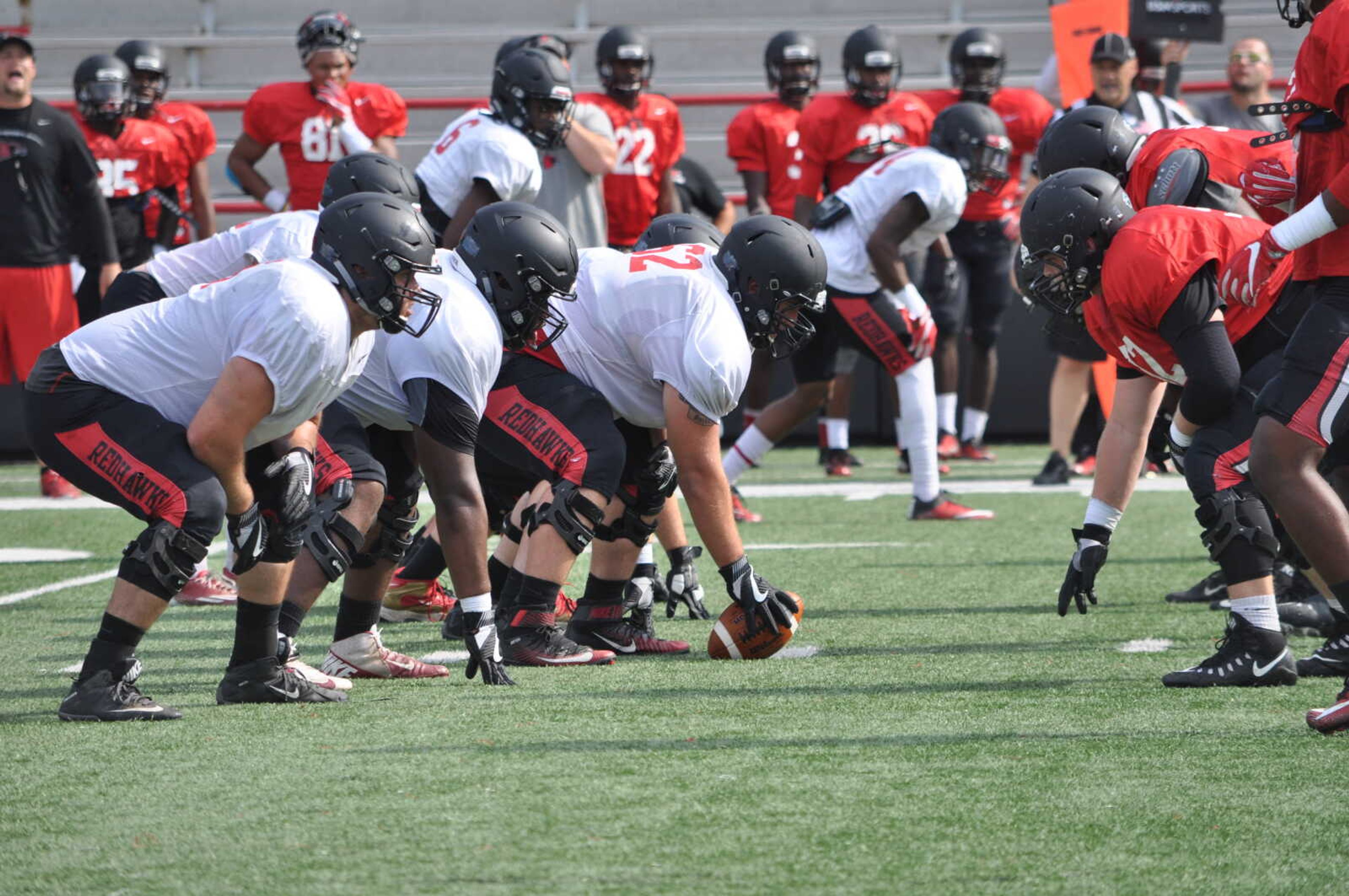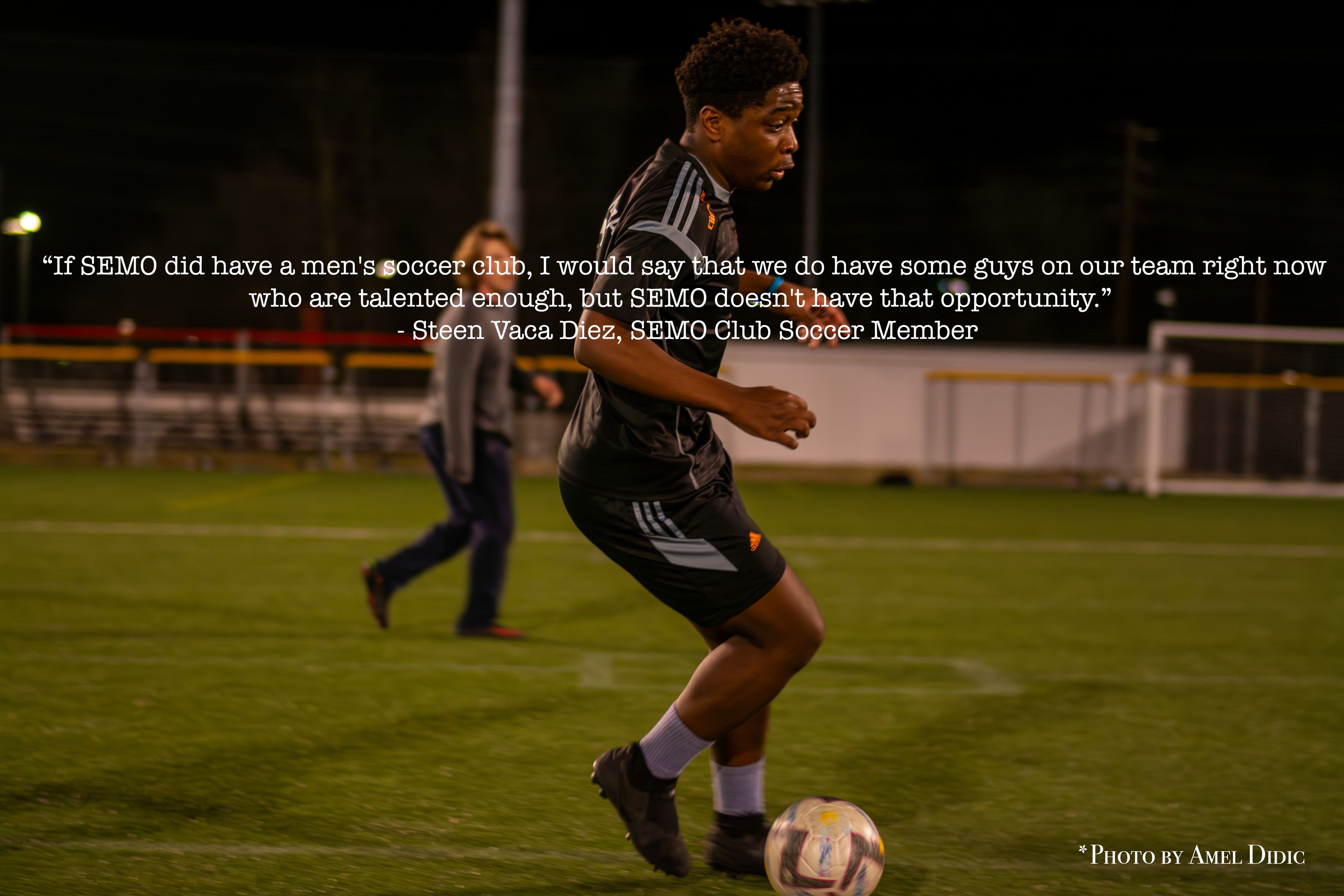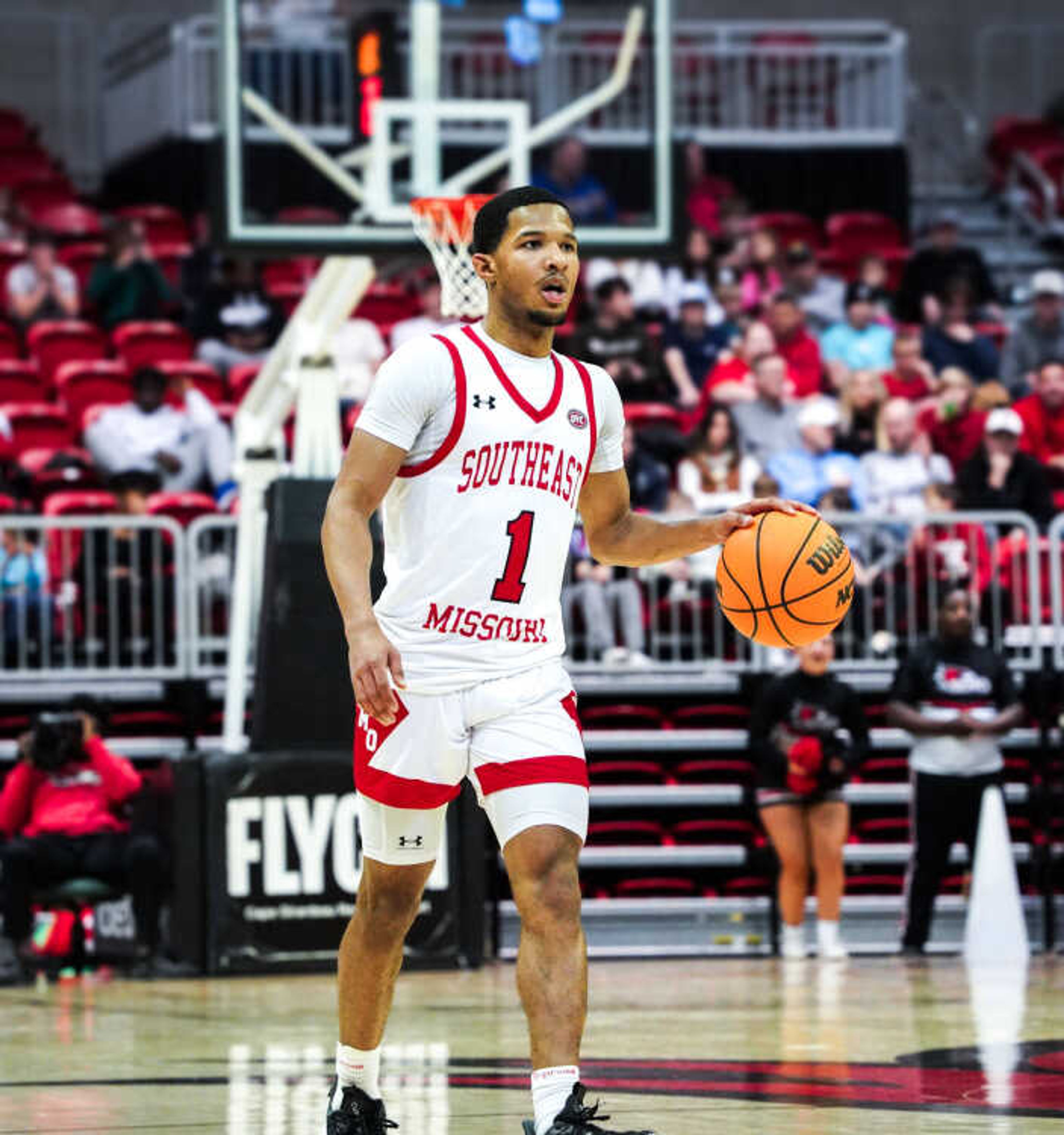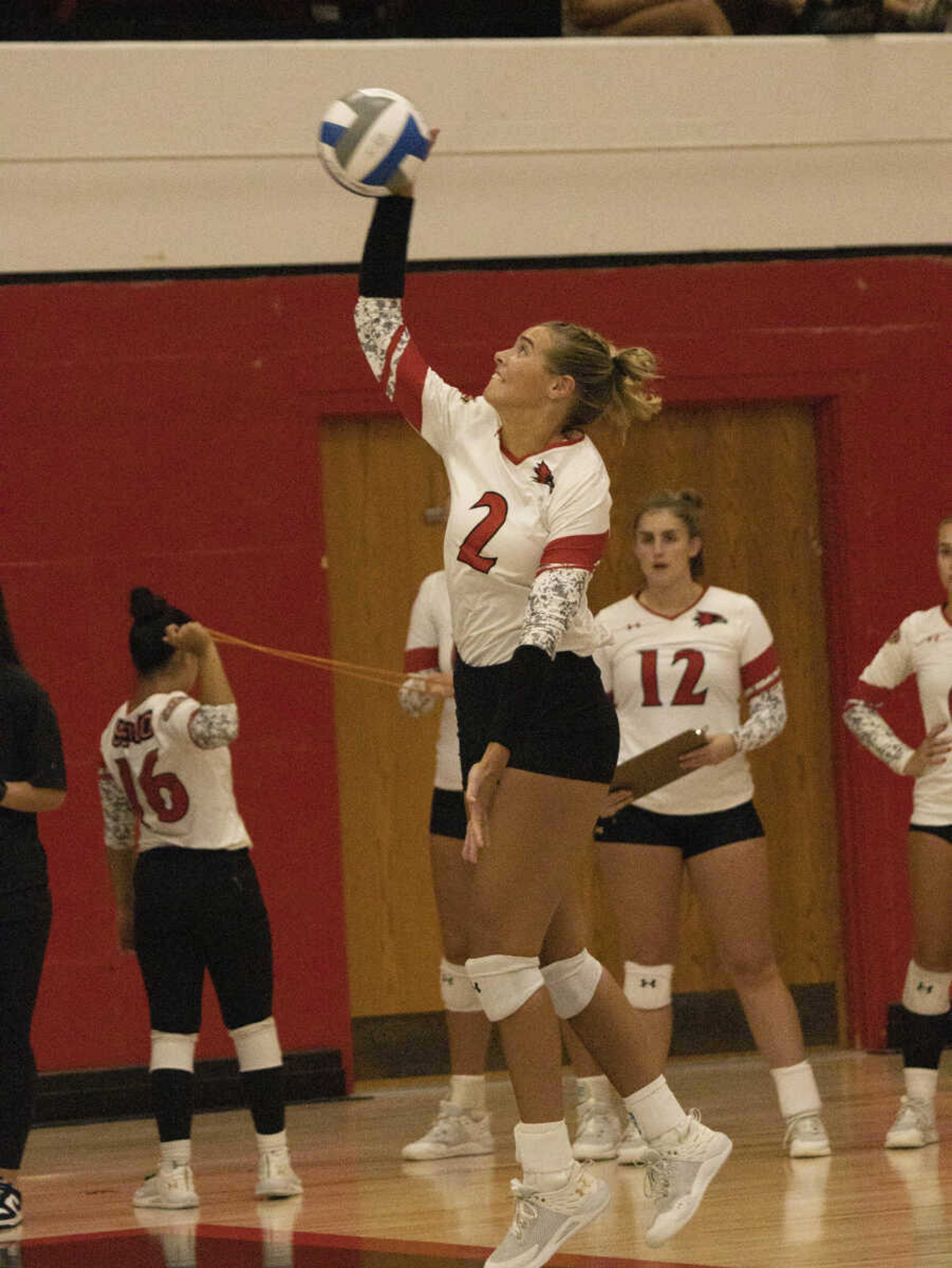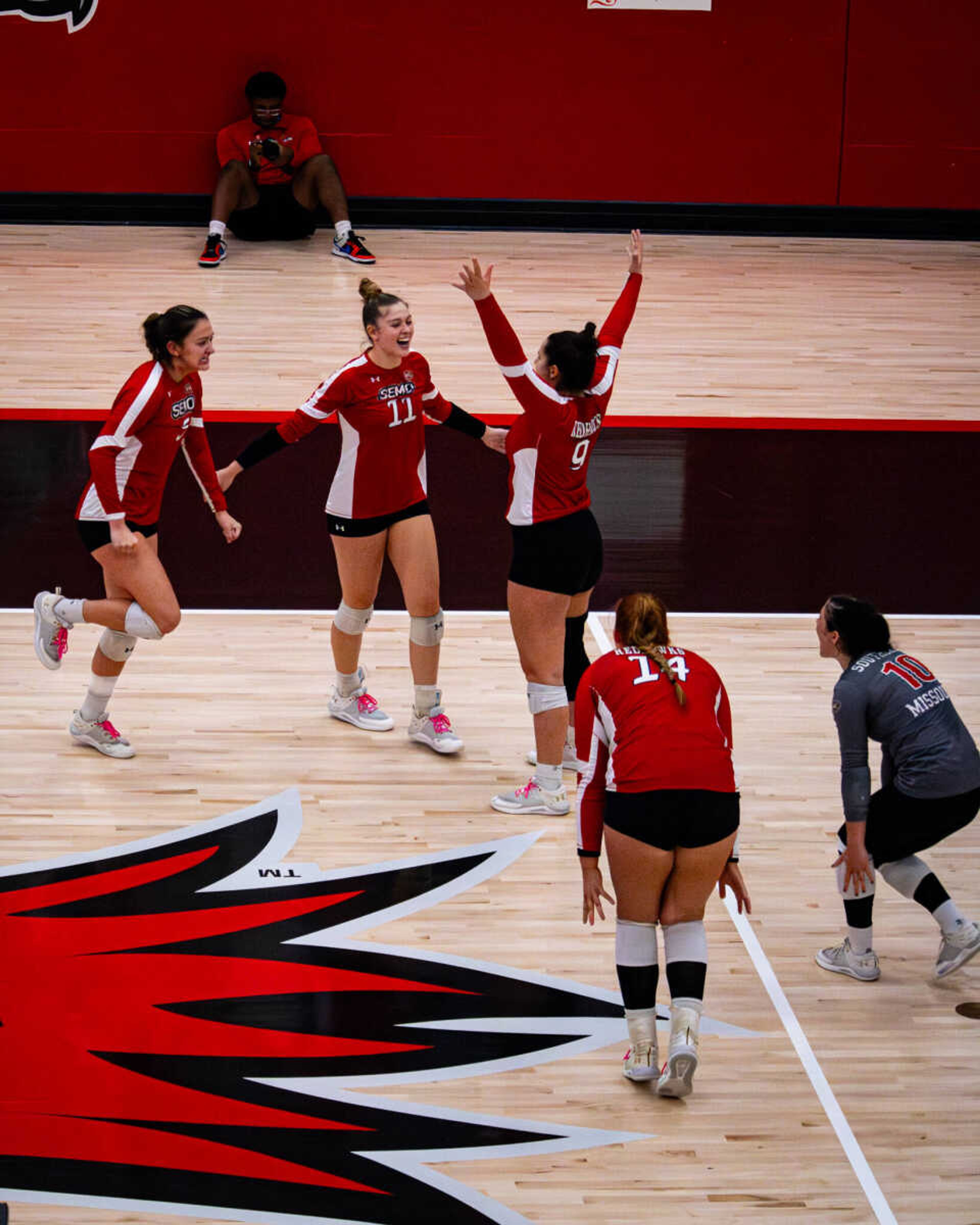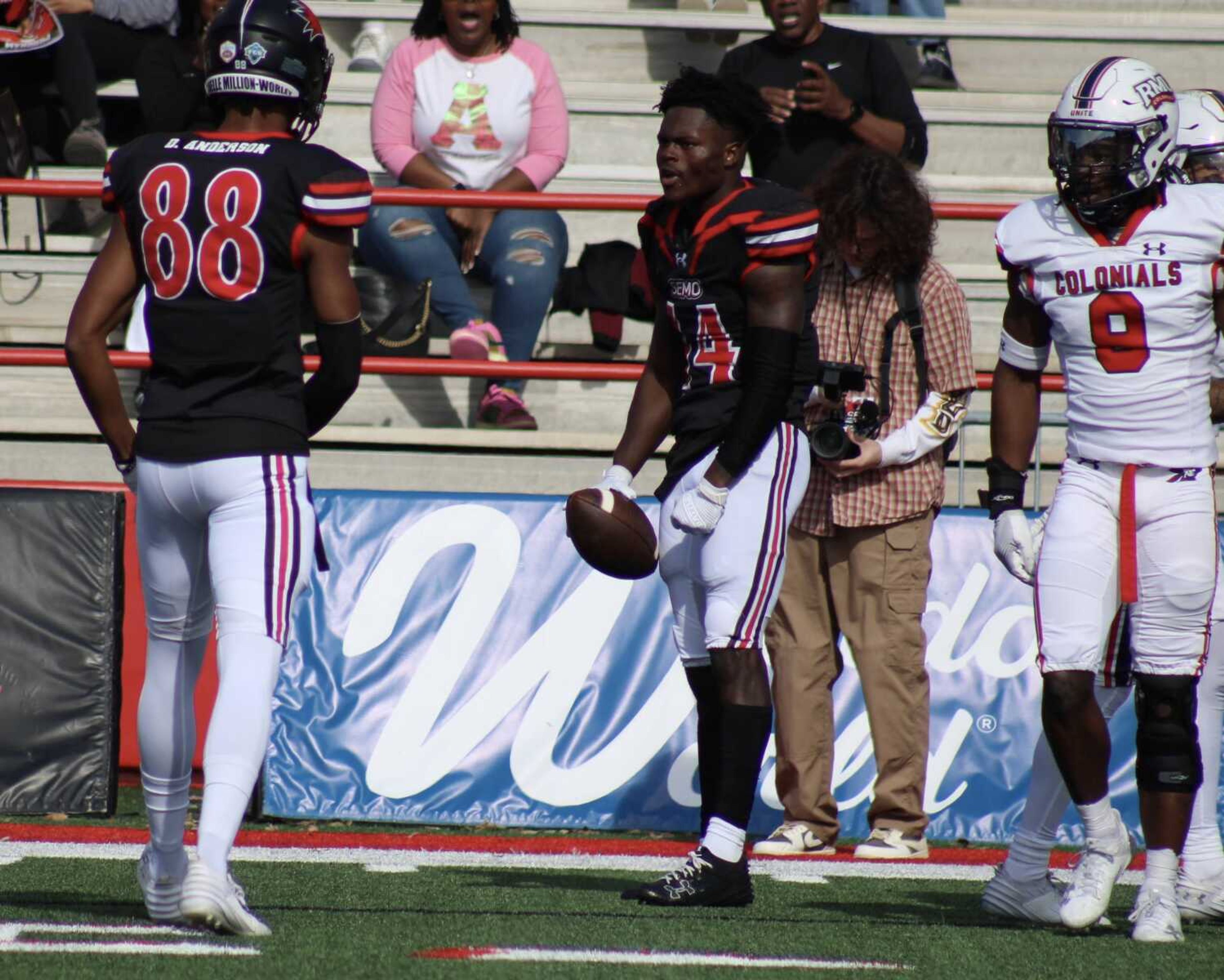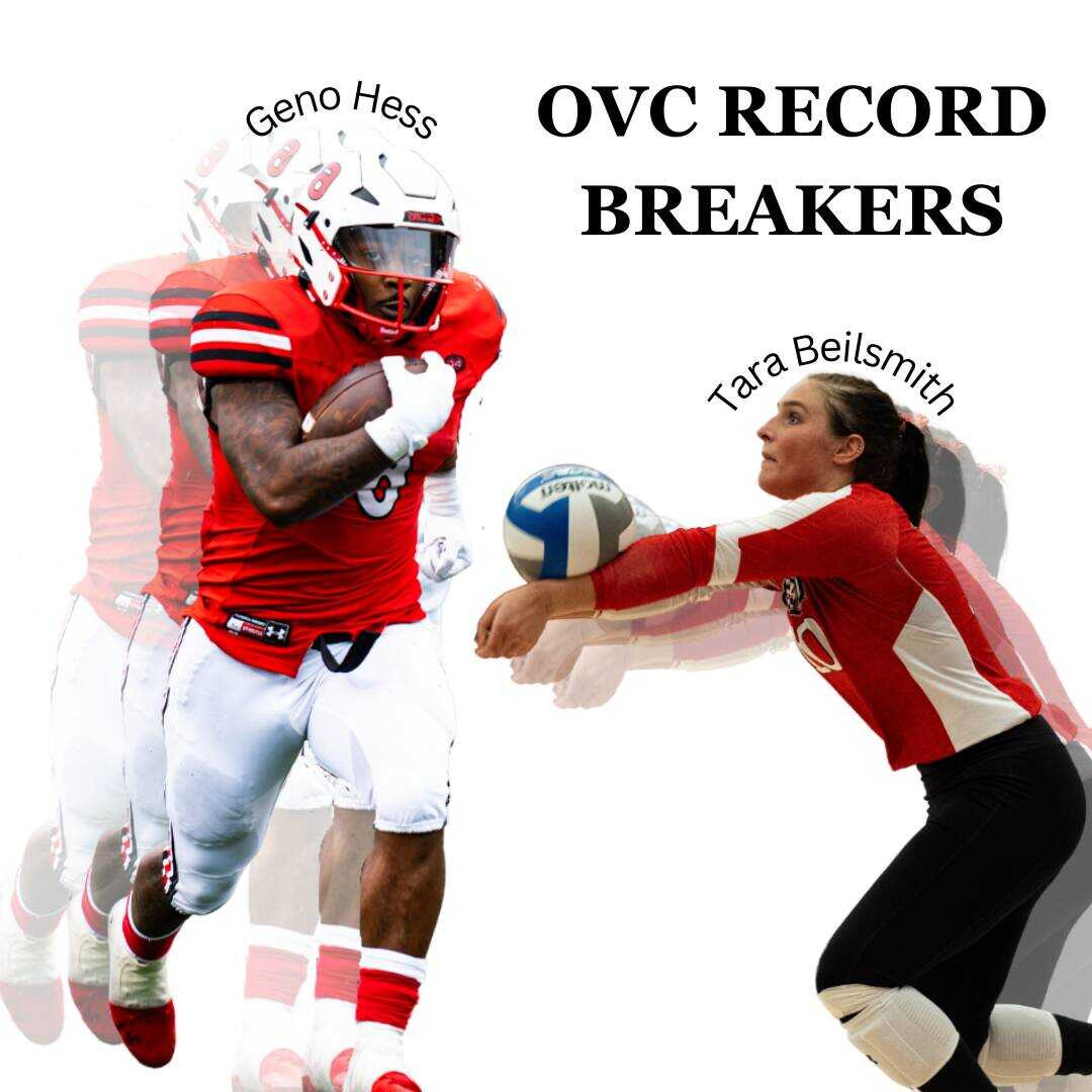Life as a student- athlete at Southeast Missouri State University takes time and dedication. Between classes, practice, workouts, training, meetings and homework, to be successful time management and communication is key. When do Southeast athletes have time to relax,if at all?
While in season, athletes are waking up as early as 5 in the morning to make it to weights and breakfast with their teams, all before heading off to class. Being a student-athlete is a privilege, and with privilege comes consequences. Even when not in season practice makes perfect and there are no excuses for skipping out on the team.
“During off season we have eight-hour weeks with morning practices,” said Redshirt junior baseball player Trevor Ezell. “During the season we have 20-hour weeks with one day off. If anyone misses practice, weights, class or whatever the consequence is ‘Breakfast Club.’”
The Breakfast Club is when a player must wake up and report to workouts earlier than the rest of his teammates and do extraneous workouts alone.
“I experienced the ‘Breakfast Club’ one time only because I failed to communicate with my coach that I was studying for my exams during spring finals week,” said Sophomore baseball player Danny Wright. “I have been working on my time management skills a lot more this season.”
The athletic department has also designated athletes with either four to six hours per week of study hall sessions. The hours depend on the individual athlete's academic standing. While in the success center, athletes are helped with assignments if needed. Overall this is the time they get their work done and meet with academic advisers throughout the year.
“Good grades means no study hall,” Ezell said.
In season, Southeast athletes travel to games weekly or biweekly depending on their season schedule, which in turn causes them to miss classes and sometimes assignments.
“Time management is key. I have to really pay close attention to my schedule,” said Freshman soccer player Katie Pohl. “I email my teachers and let them know of the classes I will be missing ahead of time. They are understanding, but still require us to complete our work on time. It is best for us to submit assignments before leaving. If not we have to find Wi-fi to get our work done.”
Pohl is adjusting to life as collegiate athlete, but says it is much different from playing sports in high school.
“It was easier starting college with 24 best friends. I did not have to worry about fitting in or making friends. I spend a lot time with my teammates, but when I have time alone with myself I watch ‘New Girl’ on Netflix,” Pohl said.
Free time is a term not often used amongst collegiate athletes, but senior soccer player Lauren Kaempfe uses a handwritten calendar and phone notification system to keep her life afloat.
Kaempfe is a nutrition and dietetics major who also coaches 9-year-old soccer, tutors, all while having her own busy soccer schedule.
Although being a student-athlete is a big commitment and very time consuming, it’s a decision most Southeast athletes stand by.
“Soccer is not something that I could not see myself doing. I even play during the summer. Scholarships are great too, so I would not pass that up. I do not wish to be just a student,” Kaempfe said.
